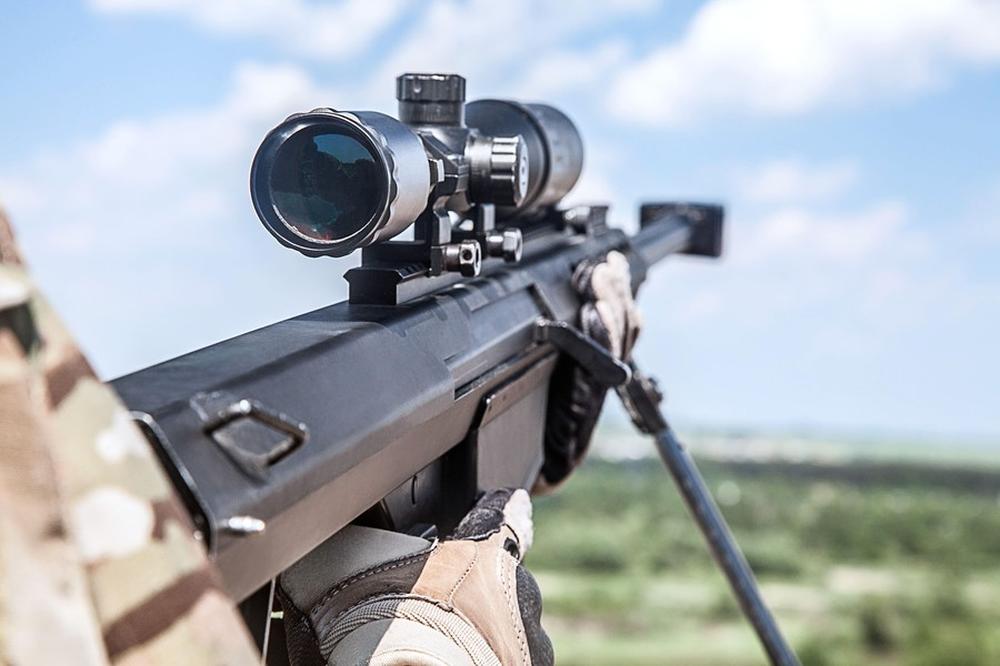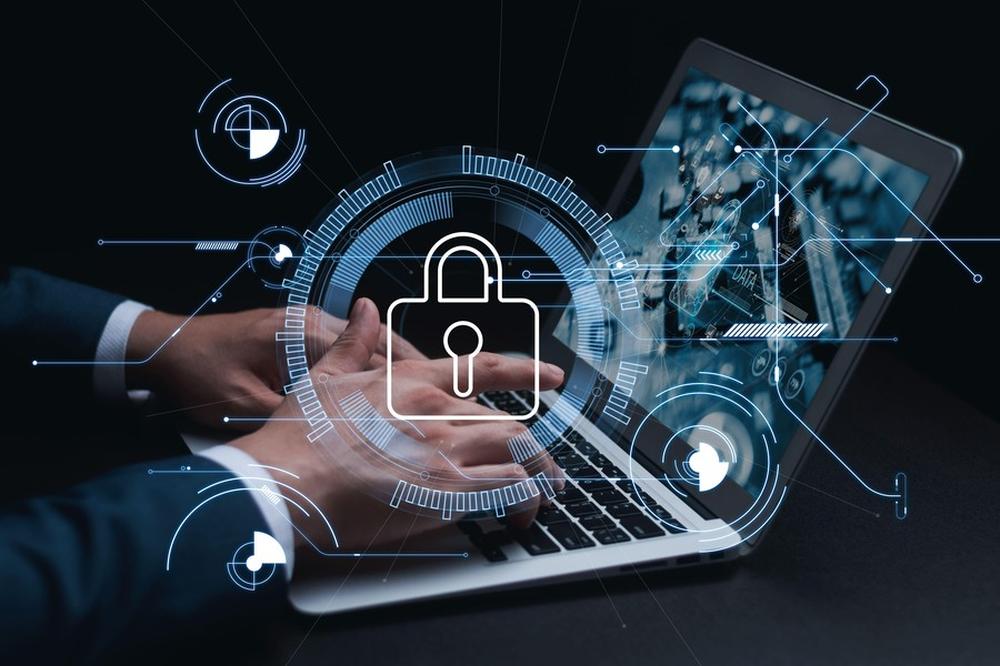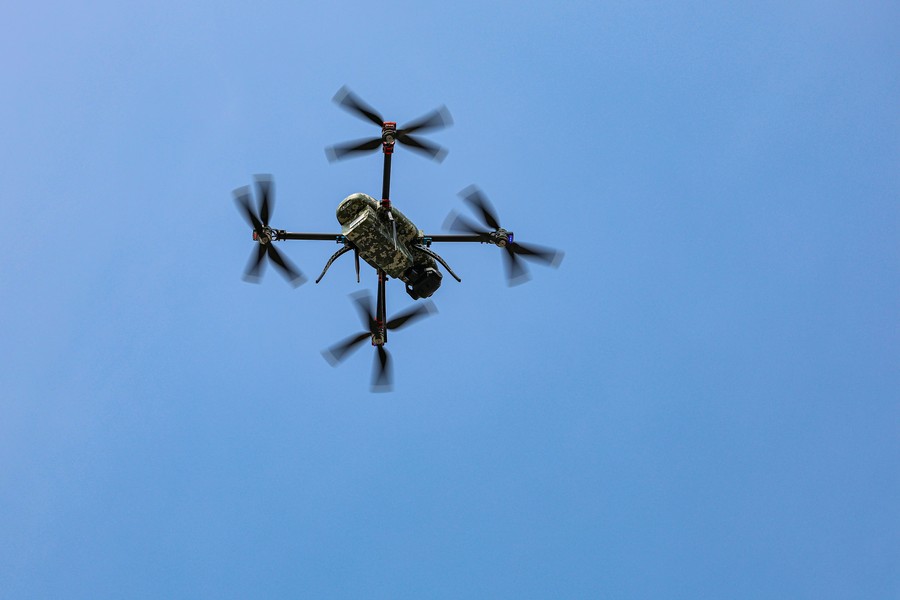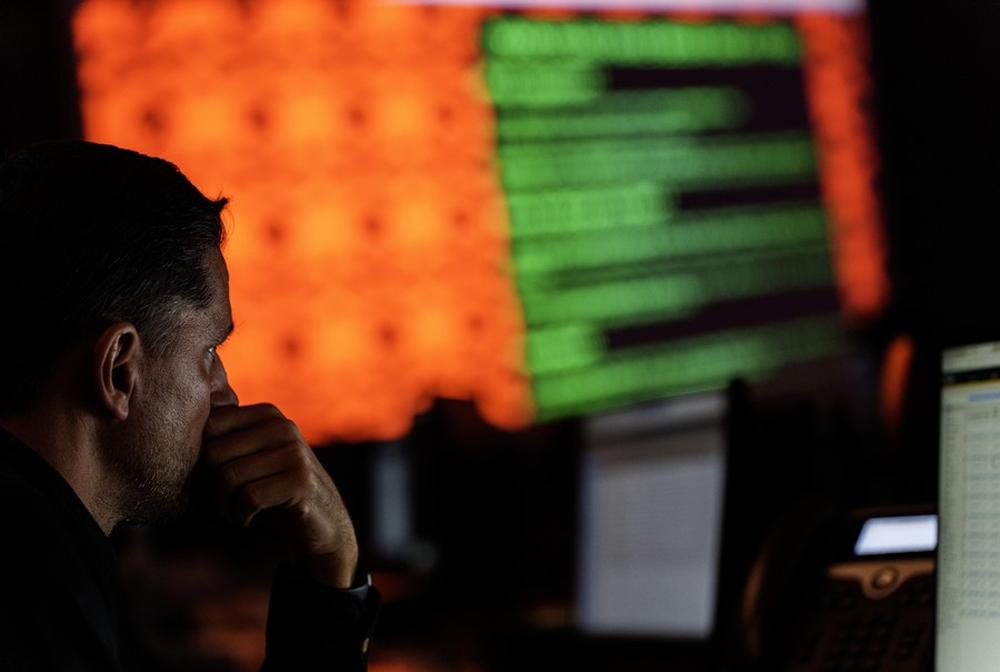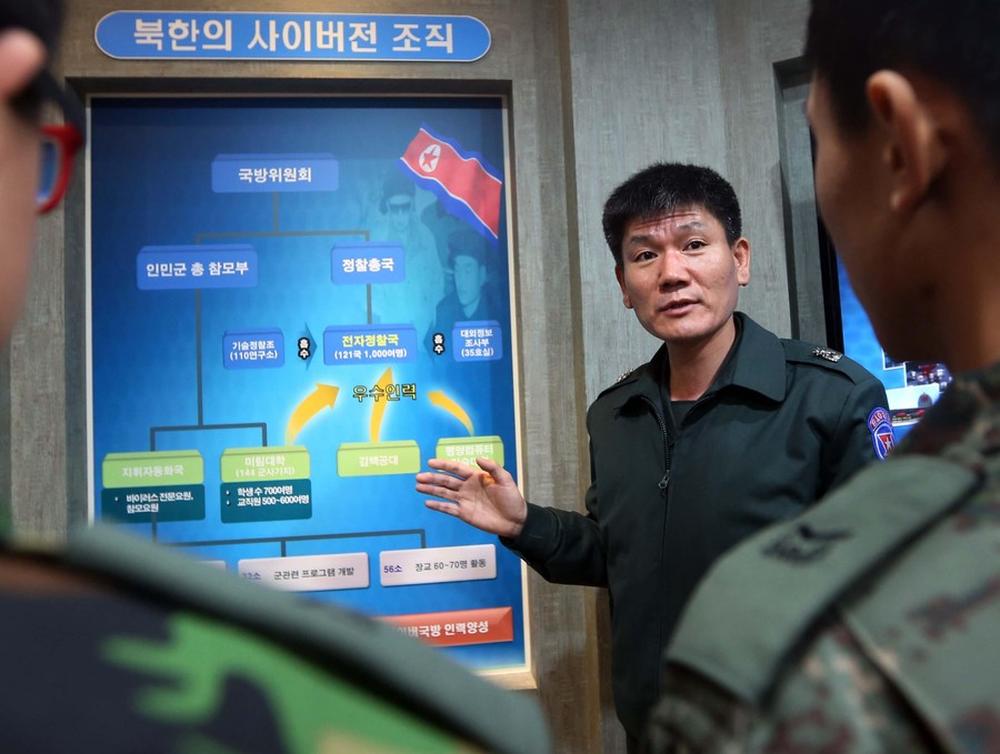- #Global Issues
- #Multilateral Relations
- #Technology & Cybersecurity
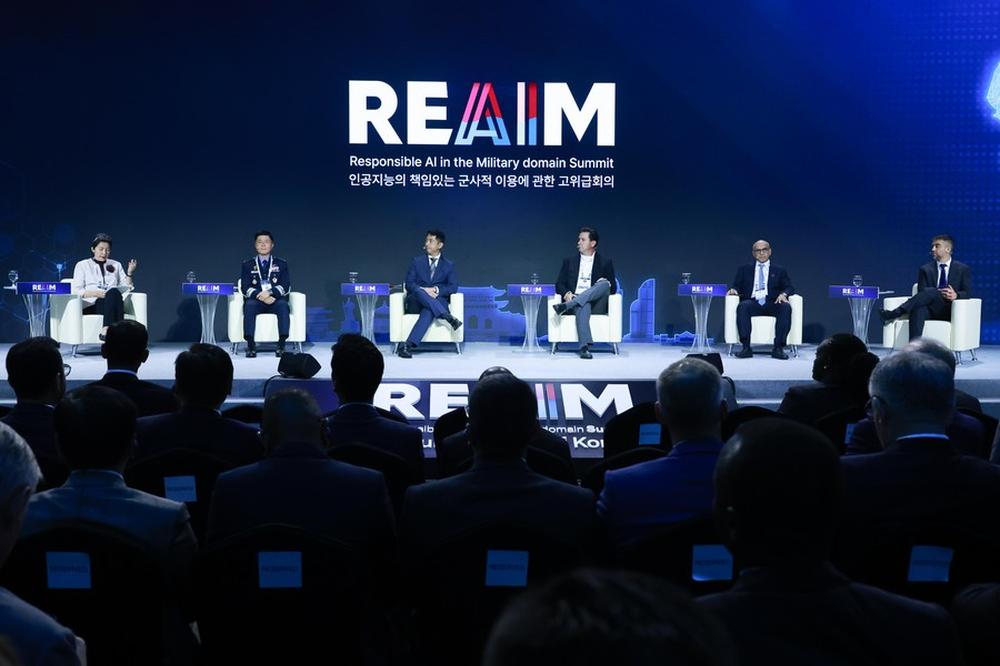
► As middle powers, Australia and Korea have a strong common need and desire to uplift their nations’ cyber resilience and capabilities.
► Both Australia and Korea are benefitting from a long-term collaboration building on a series of cooperation agreements and investments into the Indo-Pacific region.
► This is especially notable in the period from 2020 to 2024, where there has been accelerated partnership between Australia and ROK in policy, standardisation, defence, research and education. This not only benefits both countries, but also several countries across the Indo-Pacific.
As middle powers in the Indo-Pacific region, Australia and the Republic of Korea share a strong common need and desire to uplift their nations’ cyber resilience and capabilities. In the past five years, both countries have intensified bilateral collaboration across their governments, academia and industry. This article discusses some examples of these cooperations and developments across Australia and Korea, in the context of the Australian Government’s Cyber Security Strategy 2023-2030.
The 6 Shields of Australia Cyber Security Strategy 2023-2030
When it was launched in 2023 by the Honourable Clare O’Neil MP, then-Minister for Cyber Security and Minister for Home Affairs, the goal of the strategy was for Australia to be “a cyber leader by 2030”. This aspiration is a marked departure from the usual tall-poppy culture in Australia, and kickstarted a national dialogue about where Australia was and how much more it will need to do to achieve this goal.
According to the Australian Department of Home Affairs, the Strategy is the “roadmap that will help realise the Australian Government’s vision of becoming a world leader in cyber security by 2030.” The vision had the protection of Australians in mind, by seeking to improve Australia’s cyber security, manage cyber risks and better support citizens and Australian businesses to manage the cyber environment around them. This is supported by six so-called ‘shields’:
- Shield 1: Strong businesses and citizens
- Shield 2: Safe technology
- Shield 3: World-class threat sharing and blocking
- Shield 4: Protected critical infrastructure
- Shield 5: Sovereign capabilities
- Shield 6: Resilient region and global leadership.
While Shield 6 is the obvious catalyst behind the Australia-Korea collaboration on cyber security, both countries also collaborate on the other Shields such as Shield 2, 3, 4 and 5.
Shield 6: Resilient region and global leadership
Shield 6 (Resilient Region and Global Leadership) builds on many years of cyber diplomacy led by Australia’s Ambassador for Cyber Affairs and Critical Technology at the Department of Foreign Affairs and Trade (DFAT). The current Ambassador is Mr Brendan Dowling, who is building on the foundations set by his predecessor Dr Tobias Feakin. Shield 6 builds on the International Cyber and Critical Technology Engagement Strategy launched in 2021, which sets out Australia’s interests and goals in pursuit of a safe, secure and prosperous Australia, Indo-Pacific and world.
This continued building on top of previous DFAT strategies bore many fruits for Australia and its partners in the Indo-Pacific region, enhancing a safe, secure and prosperous Australia, Indo-Pacific and world. Some notable programmes include the Pacific Cyber Security Operations Network (PaCSON), involving the government of 17 nations across the pacific Pacific. Another example is the formation of the Pacific 'Cyber Rapid Assistance for Pacific Incidents and Disasters (RAPID)' teams, which invested AUD$26.2 million into supporting teams from government agencies and the private sector, to respond to cyber crises, especially when Pacific governments request assistance.
Another example linked to Shield 6 is Australia’s Cyber and Critical Technology Cooperation Program (CCTCP) which supports Australia's commitment to deliver on the United Nations 2030 Agenda for Sustainable Development which recognises the vital role of digital technologies to achieve a better and more sustainable future for all.
CCTCP also funds projects which enhance resilience and increasing capabilities in cyber security, cybercrime prevention and prosecution, international law and
norms, and upholding liberal democratic values and principles in the use of cyberspace and critical technologies.
Australia-Korea Strategic Alignment: From the 1990s to the present and future
In a symbiotic way, these Australian strategies are well aligned to the ROK’s Indo-Pacific Strategy, which includes the doubling of its official development assistance (ODA) to the Pacific Islands by 2027. These two overlapping strategies from Australia and ROK for the Pacific are creating a large impact in the region. In most Pacific countries, it is common to see the diplomatic offices, academia, and industry partners from both countries working together on the ground supporting Pacific Island nations in strengthening cyber security and digital connectivity.
Consequently, it is perhaps no surprise that both Australia and ROK are in the top ten rankings of 2022 Belfer Center’s National Cyber Power Index (NCPI), which ranks countries for their effective deployment of cyber capabilities to achieve their national
objectives. Australia and ROK currently sit respectively at fifth and seventh place, with another middle power the Netherlands in sixth.
The previously mentioned CCTCP, established in 2016, complements several other bilateral programmes across Australia and ROK which were established before cyber and critical infrastructure themes feature in international discussions. One such example is the Australia-Korea Foundation (AKF) which was established by the Australian Government in 1992 to promote bilateral relations between Korea and Australia.
The objectives of AKF are to increase public awareness of Australia in Korea and of Korea in Australia, develop partnerships in areas of shared interest in the bilateral, regional and global context, and increase Australians' capacity to effectively engage with Korea. Through the AKF, Australia’s DFAT offers annual grant funding to organisations and individuals to support projects or activities which advance Australia's engagement with Korea, including exchanges, partnerships and other collaborations in the general fields of business, education, academia, arts/culture and society.
Australia-Korea Cyber Research and Education Collaboration
The AKF funding has recently seeded bilateral ties between Australia and ROK public and private sectors. For example, in 2021, AKF awarded funding to The University of Queensland (UQ)’s Cyber Research Centre and Korea University (KU) to run workshops focussed on promoting the cyber security sector with a focus on diversity and bilateral interdisciplinary research areas. These workshops were delivered in a 3-way hybrid format, with UQ hosting delegates on site, as well as via Zoom for participants dialling in from Australia, Korea and also Japan. Topics covered were broad and engaging, covering national security and cyber policies (focusing on the Indo-Pacific region), uplifting security in critical infrastructure, strategies to develop a diverse cyber workforce, and interdisciplinary cyber security education. Guest speakers from both countries included the former Korean ambassador to Poland, Head of the Consulate General of the Republic of Korea in Brisbane, a former cyber security advisor to the President of the Republic of Korea.
The UQ-KU relationship has further developed into successful funding for KU and UQ to work together on research and academic exchanges in the areas of detection of cyber intrusions into cars and critical infrastructure. UQ Cyber Research Centre (UQ Cyber) and KU have also collaborated with KITRI’s Best of the Best (BoB) programme in the mutual training of youths for cyber security competitions. BoB is best known for its dominance in the DEFCON capture-the-flag (CTF) competition in recent years. In the recent years, UQ Cyber and KITRI BoB have collaborated closely with other regions around the world on organising and sending teams to the International Cybersecurity Challenge (ICC), representing the Oceania and Asia regions. This has borne fruit too, with Oceania and Asia teams winning 2nd and 3rd respectively in the 2023 ICC in San Diego, US, and 3rd and 2nd respectively in the 2024 ICC in Santigo, Chile.
From 2024, UQ Cyber has also begun its partnership with CAELUM Australia, the Australian branch of KOSDAQ-listed CAELUM Co., Ltd. to work towards secure unmanned aerial mobility (UAM) research, in preparation for use cases relevant to the Brisbane 2032 Summer Olympics and Paralympics.
Australia-Korea policy and standardisation collaboration
In 2023, ROK’s Ministry of Economy and Finance (MOEF) supported the Korea Development Institute (KDI) in funding the “Australia-Korea Partnership on Critical Technology and Digital Economies”, in collaboration with the Australian government and the Australian National University. Both countries discussed their policy, strategy, standards landscape, and their priorities. Notably, there were critical discussions about frameworks for international collaborations around AI, Quantum Technology, and Advanced Mobile Communication standards, and the processes for international standardisation.
These discussions are critical. International norms setting and pre-empting the standards setting narrative of next generation technologies such as critical telecommunications (e.g. 6G), quantum and AI all link to cyber security and the long-term digital security of both countries.
Australia and Korea have also made a consent to establish long-term “Korea-Australia two track partnership on critical technology and digital economies.” This partnership will complement government cooperation that has been prioritised at the leaders-level. A shared interest in critical technologies and digital economies has been recognised by both countries at the highest level, including by leaders in the Australia-Korea Comprehensive Strategic Partnership (CSP); and in the Australia-Korea Memorandum of Understanding (MOU) on Cyber and Critical Technology Cooperation.
Australia-Korea C4I Capability and Technology Collaboration
In the defence collaboration space, both countries have increased their bilateral collaboration as Australia seeks to manufacture more defence technologies in the long term. On 27th August 2024, Hanwha Aerospace announced that it has completed the construction of the Hanwha Armoured Vehicle Centre of Excellence (H-ACE) in Geelong, Victoria in Australia. This marks the first overseas production base established by a Korean defence company.
On 14th November 2024, GME (and Australian industry leader in RF communication technology), Hanwha Defence Australia (HDA) and Hanwha Systems signed a three-way Memorandum of Understanding (MoU) at the annual Military Communications and Information Systems (MilCIS) Conference in Canberra, announcing their intention to bring together C4I (command, control, communications, computers, and intelligence) capabilities from across Australia and South Korea. The agreement will see the three parties working together to explore a range of manufacturing and technology transfer opportunities for the Australian Defence market around C4I opportunities.
Conclusion
Through the above examples, it is evident that the sustained and well-funded bilateral cooperation programs across all levels are starting to bear fruit for Australia-Korea cyber cooperation.
This is especially notable in the period from 2020 to 2024, where there has been accelerated partnership between Australia and ROK in policy, standardisation, defence, research and education. This not only benefits both countries, but also several countries across the Indo-Pacific.
Most importantly, there is a ripple effect into the other “shields”. These partnerships not only address Shield 6 of the Australian Cyber Security Strategy, but also enables the other Shields (Shield 1: Strong businesses and citizens; Shield 2: Safe technology; Shield 3: World-class threat sharing and blocking; Shield 4: Protected critical infrastructure; Shield 5: Sovereign capabilities) to be achieved. It is in the interest of Australia and ROK to continue this deep relationship as they lead as middle powers in an increasingly unpredictable global landscape.
Professor Ryan Ko is the Chair Professor and founding Director of UQ Cyber Research Centre at the University of Queensland, Australia. He is an internationally renowned expert in cyber autonomy, provenance, crime attribution and cyber policy. For more than a decade, he has served as an expert at ISO/IEC JTC 1/SC 27, edited two ISO standards in the ISO/IEC 27000 family, and recently co-chaired Singapore’s standards on Cyber Essentials and Cyber Trust Mark. He grandfathered (ISC)2’s CCSP certification, and was commissioned by NZ’s Department of Prime Minister and Cabinet to draft NZ’s national cyber security curriculum (NZQA Level 6). Through his academic roles, he co-founded several national and global cyber security competitions. He has published more than 150 publications in the areas of AI, AI security, cyber security autonomy, data provenance and privacy, policy studies, and his work has been translated and adopted worldwide including organisations such as INTERPOL, CERN, and Hewlett Packard. He is a Fellow of the Australian Computer Society, Fellow of Cloud Security Alliance and Fellow of the Queensland Academy of Arts and Sciences.
